I have been glued to the local weather broadcast for days. It’s a good thing I don’t have cable, or I might never have turned off the Weather Channel! Tropical Storm/Hurricane Isaac skirted past my home in South Florida a few weeks ago and made this vet pay homage to nature’s fury. Rain bands, tornadoes, thunder and lightning were an impressive show even though I live on the east coast of Florida, 200+ miles from Isaac’s path.
Whether it is tsunamis, twisters, wild fires, flooding, snow storms, earthquakes or hurricanes, we humans should be prepared for such disasters. We should have a plan that includes our pets.
My regular readers may recall that I originate from Portland, Oregon. Portland is overall pretty devoid of natural dangers. Heck, an inch of snow on the Banfield Freeway nearly paralyzes many Oregonians! Isaac was the closest I’ve ever come to a hurricane. Many South Floridians are downright nonchalant about hurricanes. It is part of life here, and partly why we pay a king’s ransom for homeowners insurance. One of my neighbors has the dates of all the hurricanes she’s been through written on one of her hurricane shutters. Folks take it in stride here, but as a newcomer to a natural disaster region I was sure to pick up my local hurricane guide and contemplate how my critters and I would get outta Dodge if necessary!
The American Red Cross has a wonderful website that helps loved ones know your status. It is a voluntary registration that you can access through your computer, smart phone or tablet. Your loved ones can then search for your update. Check out their website at www.safeandwell.org. If you aren’t particularly internet savvy and if the phone lines aren’t down or clogged, consider a family phone tree. Call your mother! She’ll be worried.
Have your pet micro chipped. Most veterinarians urge pet owners to microchip pets when young. I personally prefer placing the microchip when the pet is anesthetized for the spay or neuter as that’s a 14 gauge needle! If you adopted your pet from a shelter, there will likely be a microchip present, but you will need to transfer the microchip number to your information from the shelter’s information. If you ever move or change phone numbers be sure to keep the microchip company informed. If Katrina taught pet owners anything, it taught us to microchip our pets.
If your pet has special medical needs or medications, call your vet at first warning of the disaster to ensure that you have enough supplies to get you through the event. If your pet is on insulin or other medications that require refrigeration, have a cooler and several frozen ice packs at the ready in case of power outages.
Have enough pet carriers for each pet in the home. Many pet owners have multiple cats but only one cat carrier. If you ever needed to evacuate, small dogs and cats do better in a pet carrier than on leash.
Pet food. In case you are endangered by a water disaster, you might keep some canned food on hand, particularly foods that have an easy open pop top or keep a can opener with the pet food. Have enough drinking water for both humans and pets.
If you must leave but can’t bring your pet, contact your veterinarian for options. Your vet will know you and your pet and the local situation. Many shelters do not allow pets. I urge you to take your pet with you in most situations as what you might think of as a night away might turn into a week or more. If you drive to safety, there are websites (petswelcome.com, officialpethotels.com, tripswithpets.com, bringfido.com and likely others) that can help you find pet friendly accommodations along your evacuation route.
Regardless of the situation, please be safe.
NOTE: Consult your Veterinarian first to make sure my recommendations fit your special health needs.
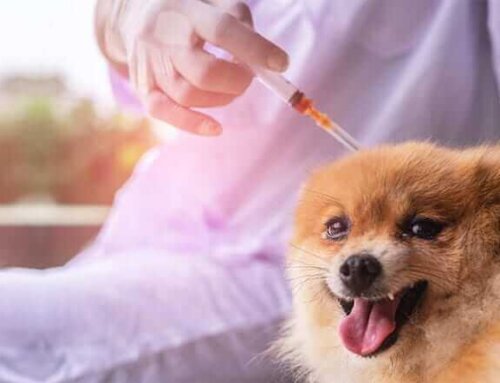

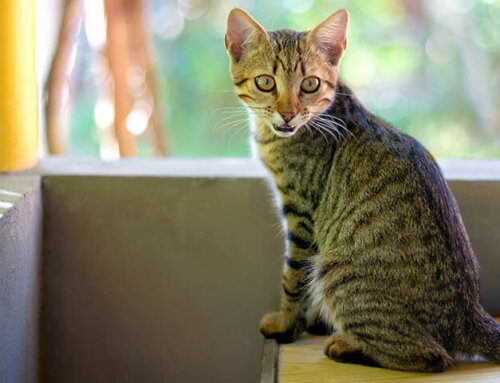
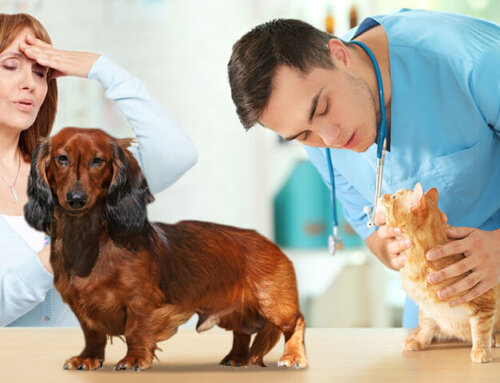
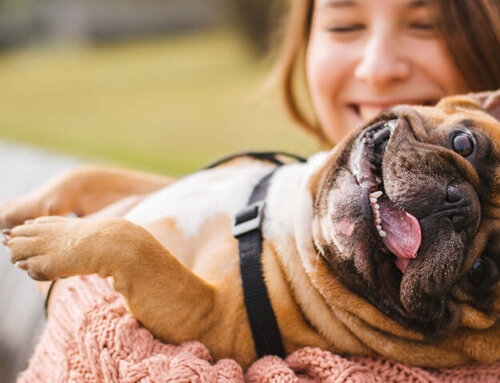
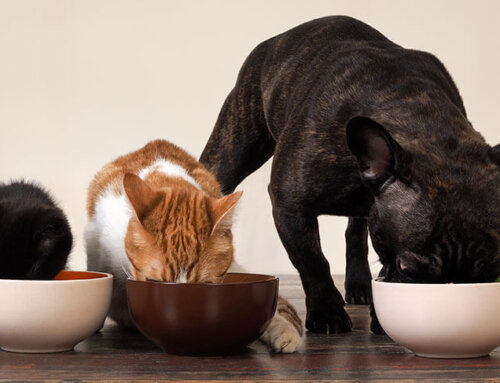
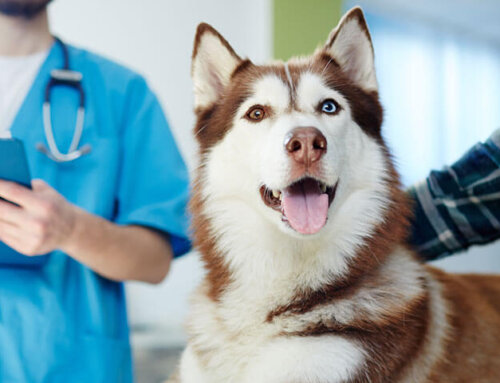
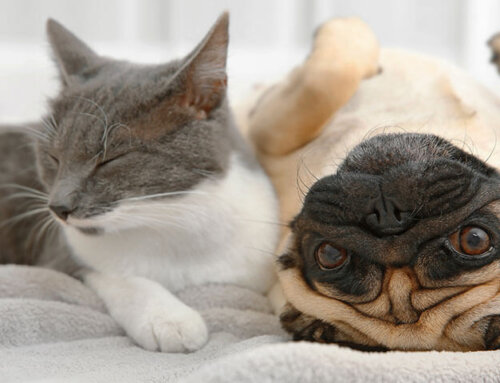
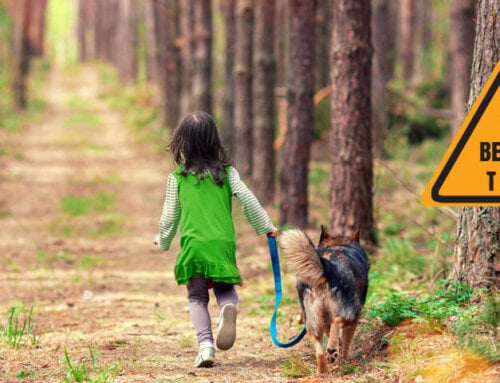



Leave A Comment